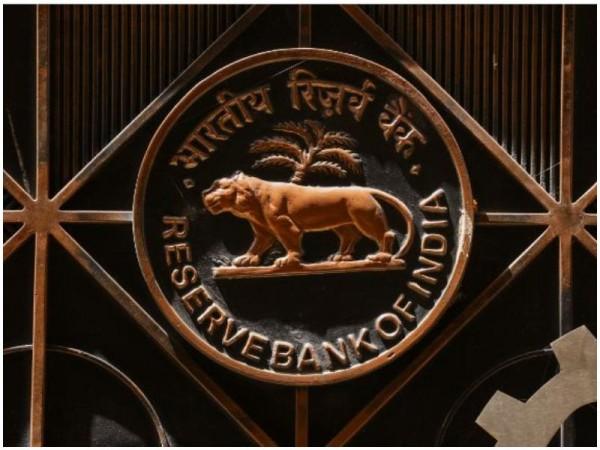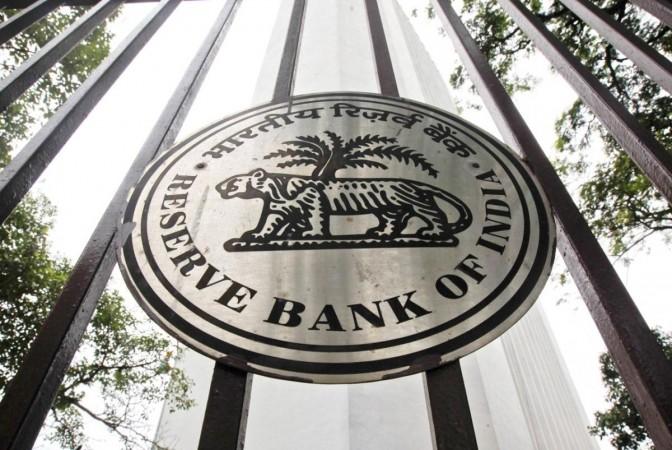
The Reserve Bank of India (RBI) made a significant announcement on August 8, 2024, that has had a profound impact on the Indian financial markets. The central bank decided to maintain the repo rate at 6.5 per cent, a decision that led to a slump in the country's equity indices. The Sensex fell by 581 points or 0.73 per cent to close at 78,886, while the Nifty slipped, losing 180 points or 0.74 per cent to end at 24,117.
The decision to keep the repo rate unchanged was influenced by the RBI's focus on controlling inflation, particularly food inflation. The central bank emphasized the need to manage inflation, which has a significant weight in the Consumer Price Index (CPI) basket. Despite signs of robust growth and moderating inflation in the economy, the RBI chose to maintain a cautious stance to ensure price stability.
The broader markets were also affected by the RBI's decision. The Nifty Midcap 100 and Nifty Smallcap 100 indices declined by 0.34 per cent and 0.41 per cent, respectively. The sectors that saw a decline and were thus the major losers included IT, PSU Banks, FMCG, Metal, Realty, Energy, and Infrastructure.

On the other hand, sectors such as Finance Services, Pharma, Media, and Private Banks emerged as the major gainers. Notable individual gainers were Tata Motors, HDFC Bank, Bharti Airtel, ITC, IndusInd Bank, and Axis Bank, while Asian Paints, Infosys, JSW Steel, UltraTech Cement, Power Grid, L&T, and HCL Tech were among the top losers. The market reaction indicates that investors were expecting a more dovish policy that could have potentially led to rate cuts, which would generally boost market sentiment.
Market experts have highlighted several key concerns following the RBI's decision. These concerns center around the central bank's focus on inflation, particularly food inflation, which was seen as a persistent issue despite expectations of moderation. The decision indicated a cautious approach to monetary policy, which could limit liquidity and borrowing costs, potentially affecting market sentiment negatively.
However, there was also optimism about the long-term outlook for the economy, with expectations of resilient growth, moderating inflation, and improving global financial conditions. The market's near-term trading range was expected to be narrow, with investors awaiting further clarity on inflation trends and global economic cues.

The outlook for the Indian housing market following the RBI's decision to maintain the repo rate suggests stability in mortgage rates. This stability is expected to support the housing market, as unchanged interest rates mean borrowing costs for homebuyers remain consistent, potentially encouraging home purchases.
The decision to keep rates steady also indicates the central bank's confidence in managing inflation while supporting economic growth, which bodes well for the overall financial health of the economy and, by extension, the housing sector. However, the market's response will also depend on global economic factors and domestic economic indicators.
RBI's decision to maintain the repo rate has had a significant impact on the Indian financial markets. While the decision has led to a slump in the equity indices, it also indicates the central bank's commitment to managing inflation and supporting economic growth. The market's response to this decision will be influenced by a range of factors, including global economic conditions, domestic economic indicators, and future policy announcements. The RBI's decision underscores the intricate interplay between monetary policy, inflation trends, and market sentiment in shaping the trajectory of the Indian financial markets.








